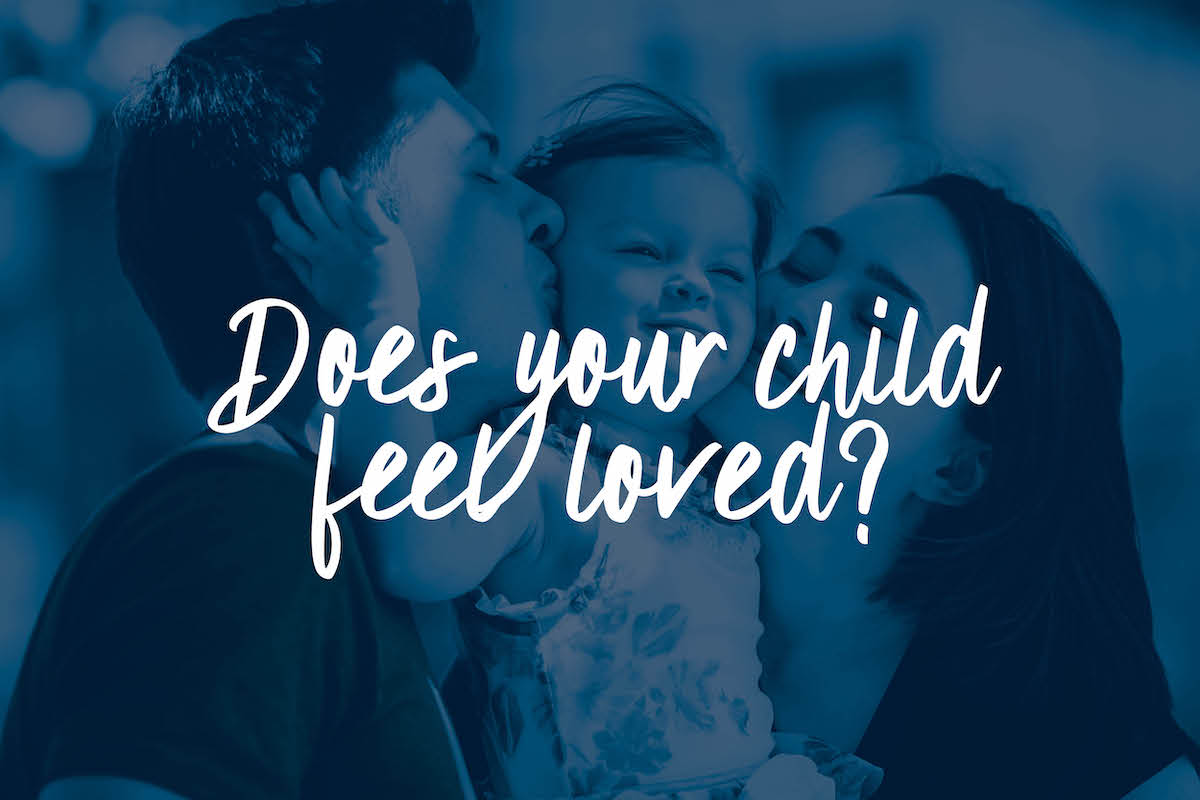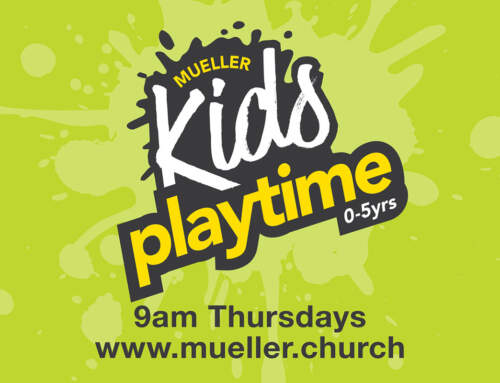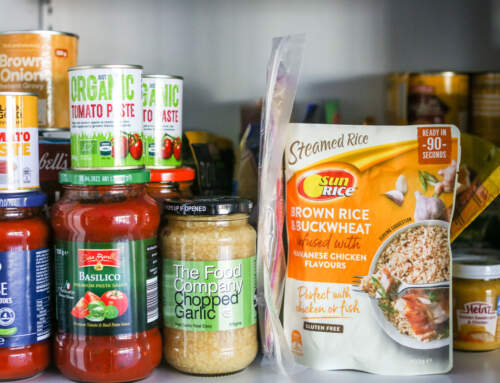\This week, we’re continuing on exploring ways we might encourage our children to value themselves in healthy ways. Last week, we considered the influence we have by being a good role model, modelling the fact that we are worthy and valuable individuals.
It’s important that we as parents show our children unconditional love. They should never have to try and do things to win our love and approval. We love them regardless of what they do or say. It breaks my heart when I have parents tell me they won’t have anything to do with a child until that child apologises for something or changes. I am not saying there shouldn’t be consequences for bad behaviour, nor am I saying that they won’t frustrate us, but our children should never ever have to do something to prove they are worthy of our love. Each one is a worthy and valuable person entrusted to our care for a short time.
While our children learn more from what we do than what we say, our words are important too. We need to be wary of planting ‘bad’ seeds in our children’s minds. Words like, “you’re worthless; you’re dumb (or stupid); you won’t amount to much”, should never come from our mouths. In my family of origin, our mother would frequently tell my two sisters and brother, “you’re dumb like me,” if they seemed to be struggling with schoolwork. The fact of the matter was that Mum wasn’t dumb and neither were my siblings, but they all performed fairly dismally in school, saying that they didn’t try because of the belief that they weren’t very bright. While all have successfully raised families and done well professionally, they still hold onto that belief about their intelligence. Our words (especially the negative ones) stick. Encouraging effort and good character is wiser than praising end results. While all children run to win a race, only one person can come first. Those who run their best are the true winners.
Time spent listening attentively to our children speak about their interests, hopes, fears and dreams is never time wasted and shows them that we value them. Most teens (and people in general) have things they don’t like about themselves (none of us is perfect), but by being attentive, parents can help their children identify personal qualities and what’s important to them. Our children are and will be influenced and affected by the words and opinions of others, but I will speak more fully about this in a future article.
By being a good role model for our children, loving them unconditionally, being mindful of how we speak to them and intentionally spending time with them, we remind them that there are people who care very deeply for them. Providing that loving safe place for our child, helps him/her see that he/she is a worthy and valuable person, particularly when some of life’s storms hit. As Mr Valese reminded students earlier this term, “God doesn’t make junk!”
Jenny Billingham
(If you have a topic that you’d like more information about and think might interest other parents, please don’t hesitate to email me with suggestions at j.billingham@mueller.qld.edu.au Thanks.)






